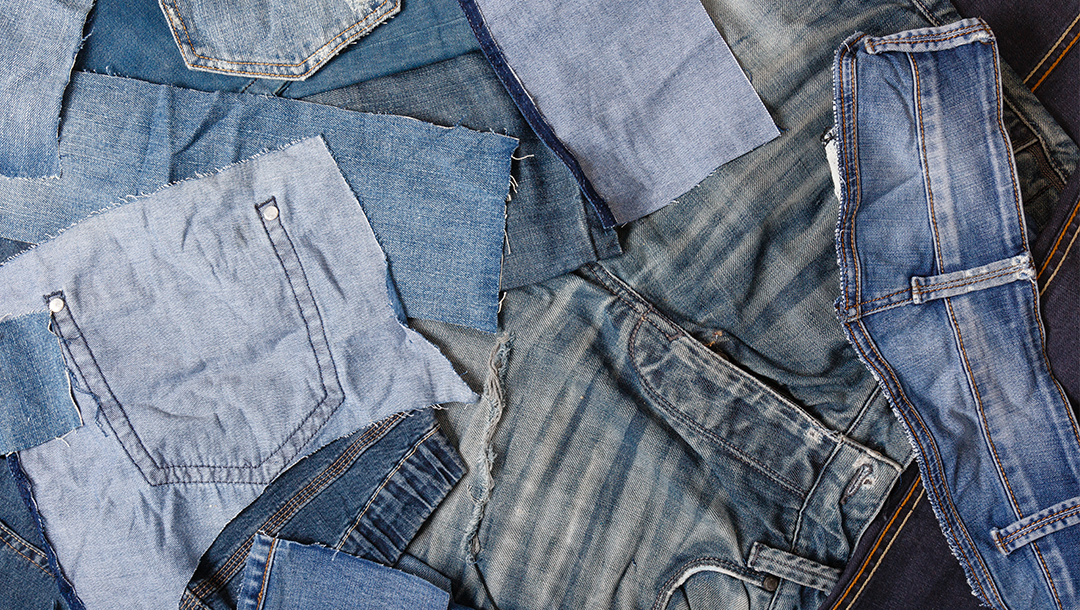
How is the fashion industry moving towards sustainability?
April 29, 2021
Food, shelter and clothing are basic human needs, essential for our survival and increasingly dependent on complex global supply chains. The fashion industry isn’t often considered an essential service perhaps because of ‘fast fashion’ which is readily available, low cost and always changing encouraging us to frequently buy something ‘new’ and readily discarding the ‘old’ sometimes low-quality garments.

Clothing manufacture is associated with significant water consumption, chemical use, air and water pollution, poor labour practices, plastic use and waste generation. Most brands source their product range offshore which includes potentially high-sustainability-risk regions such as China, Bangladesh, Pakistan, Bali, and Sri Lanka.
The idea of donating old clothing to charity no longer holds with organisations such as the Salvos reporting their operating costs are getting higher and higher fees as they are overwhelmed with donations that have to be dumped into landfill.
As major impacts have been found in the supply chain and apparel waste, more brands are revaluating their procurement practices and incorporating sustainability initiatives into their business plan.
Consumers increasingly expect their favourite brands to take action on issues such as climate change, ocean pollution and single use plastics. Some fashion brands are making commitments to carbon neutrality, recyclable or compostable packaging or aligning with sustainable or ethical cotton programs such as the Better Cotton Initiative (BCI). Some provide transparent information to customers, including supplier and factory details, carbon footprint calculations and sustainability policies and strategies.
Other initiatives include:
- Ethical sourcing programs
- Making long-lasting clothes and producing them locally
- Partnering with the better cotton initiative (BCI) to improve cotton farming
- Tracing and disclosing all its supply chain and ensuring ethical manufacturing practices
- Collecting, recycling and using post-consumer waste for garment and packaging
- Using less energy, renewable electricity and offsetting its remaining carbon emissions
- Minimising waste-to-landfill at stores, distribution centre and offices and maximising the reuse and recycling of items
Implementing these sorts of initiatives helps brands and retailers and establish their sustainability credentials and build trust from their customers.
Cress can help your business become more sustainable and reduce supply chain risks. If you’d like to find out more please contact us here.


